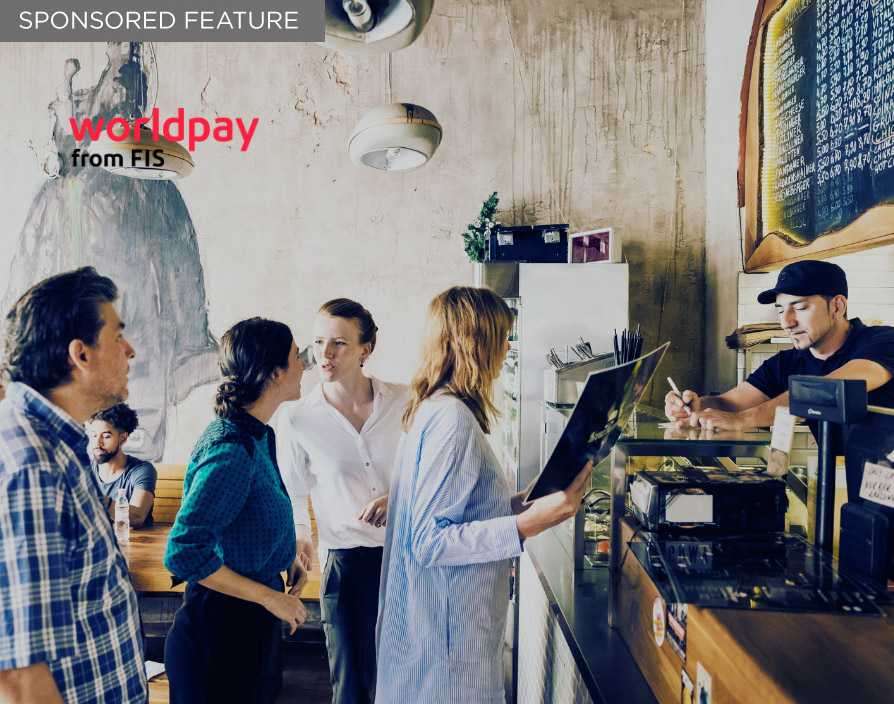Loyalty programs are a great way to do business. They do exactly what it says on the tin, and they are just as popular today as they were two or three decades ago. Loyalty programs are particularly important for smaller businesses which are always looking for ways to retain their existing customer base – as well as attract new ones.
The benefits of introducing loyalty programs are multiple: They exist to promote repeat business by offering rewards or exclusive deals; They focus on strengthening a brand’s relationship with customers; They offer promotions that customers are unable to enjoy with rival companies.
And all along it is a two-way relationship. For brands, the purpose of loyalty cards is to try and foster repeat sales while, for customers, the focus is on saving money. We, at WorldPay, recently visited five countries (United States, United Kingdom, Singapore, Brazil and Australia) to research the importance of loyalty programs. And the results were remarkable.
Although opinions did change from country to country, the biggest differences concerned ‘the generations’. We discovered that ‘the generations’ are motivated in different ways, with the younger members of society more likely to adopt a more encompassing view of the world.
One thing is certain, however, it is tough to design a loyalty program where ‘one size fits all.’ No single program resonates with everyone. The one topic that did create universal agreement was the need to have a program where loyalty points did not expire on a certain date or after a specified period. More than half of consumers rate this as the most important part of any rewards program.
Less important was the ability to track rewards, access member-only discounts or redeem points at multiple businesses. The attitudes of Millennials vary greatly from those of Baby Boomers. Millennials are especially attracted to reward programs and are also keen to support charities with their loyalty points.
Our research showed that ‘Millennials, in particular, are seeking meaningful rewards …. and they want to receive rewards that are not linked to spend.’ Not so the Baby Boomers who are ‘the least loyal of all the generations’. The older Boomers say they prefer to accumulate reward points which can be redeemed at multiple retailers.
Never forget that generations are motivated differently and these variations must not be overlooked. In addition to the varying attitudes displayed by the different generations, we also did research across eight spending categories.
Following the Covid pandemic, which meant more people were faced with the reality of lockdown, points accumulated when shopping for groceries suddenly became the most popular reward system. Not a surprise really. And this didn’t change across any of the five countries.
Other categories which rated highly in the WorldPay survey were health and well-being (57%), travel/holidays/experiences (56%) and eating out/drinks (54%). Consumers showed little interest in loyalty programs associated with gambling, with the exception of the Gen X (38%) generation in the United States.
As for geographical variations: This survey revealed some significant differences in how consumers view loyalty programs. Almost half of consumers in Brazil and Singapore ‘seek flexibility in redeeming points’, but this fell to 28% in the US and UK. Member-only discounts and sales remain important for around 50% of consumers in Brazil, but this figure dropped considerably in the other four countries.
The role of technology: Because it’s virtually impossible to satisfy everyone with a single universal loyalty program, customisation becomes very important. This covers all generations and geographical regions. Our WorldPay survey showed that ‘simplicity was also important’ and that technology helps to play a vital role in delivering this.
Loyalty programs that incorporate real-time rewards certainly help to improve customer engagement and ultimately boost revenue. ‘Buy Now, Pay Later’ is another desirable feature for consumers in all countries.
For businesses which seek to enhance customer loyalty, never overlook differences among generations, categories or geographical regions. To learn more, download our Generation Pay Report by clicking here.
Join over one million businesses who take, make and manage payments with Worldpay from FIS. Worldpay offers in-store, online and mobile payments, along with value-added services aimed to help manage your business and turn payments into a business advantage.
































